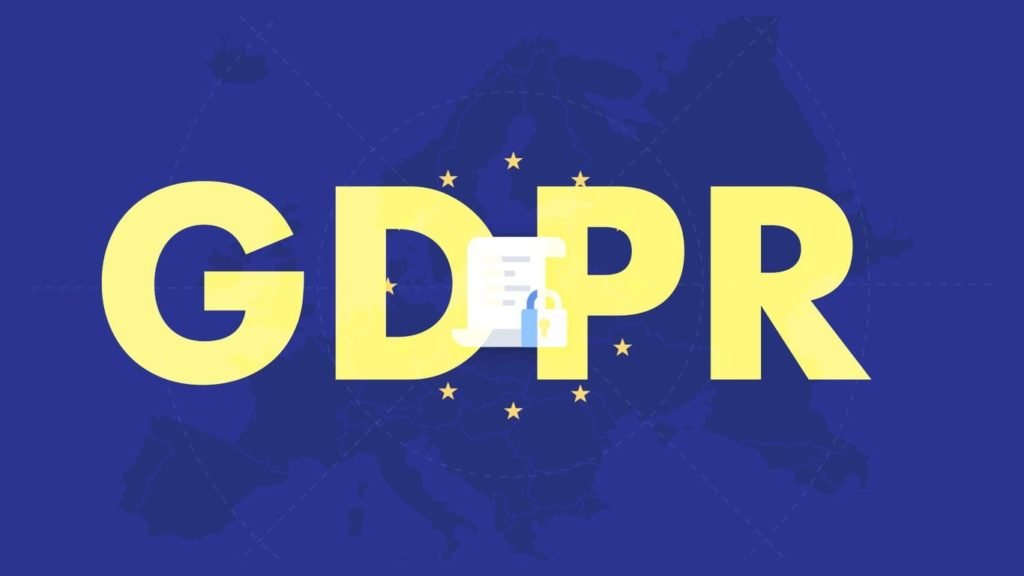Google, Facebook and Instagram suffer a loss of $9 billion due to the privacy complaints against them just as soon as the GDPR effect hit off on Friday. On a total basis, this led upto a fine of $9.3 billion.
Privacy advocacy group, Noyb.eu added that these four companies were pressurising the people to either ‘take it or leave it’ based on their privacy policy. These companies were forcing the people to agree to their intrusive terms of the service.
Noyb’s complaint
Max Schreme, the Austrian data privacy activist, organises the Noyb group. The choice was however compared to that of a ‘North Korean election process’. In a statement, he said, “Tons of ‘consent boxes’ popped up online or in applications, often combined with a threat, that the service can no longer be used if user[s] do not consent”.
Noyb is now asking the regulators from France, Belgium, Hamburg and Austria to a fine up to the companies with a maximum of 4% of the yearly revenue as per the rules of GDPR. This adds up a $4.88 billion to Alphabet, the parent company of Google, and $1.63 on each of the services provided by Facebook such as Instagram and WhatsApp. It will only happen when the European countries agree to the proposal of Noyb and agree to imply a fine on the companies.

GDPR: Statements from Google and Facebook
GDPR means General Data Protection Regulation, offers information to the citizens of European Union about how their data is used online. It began on Friday, and the impact was fast. The US outlets blocked the Europeans on Friday as soon as the results of regulation were given. Google also said that they are taking necessary steps to ensure the compliance.
In their blog post for GDPR, Google said, “We build privacy and security into our products from the very earliest stages and are committed to complying with the EU General Data Protection Regulation.” Erin Egan on behalf of Facebook said, “Over the last 18 months, we have taken steps to update our products, policies and processes to provide users with meaningful data transparency and control across all the services that we provide in the EU.”





















